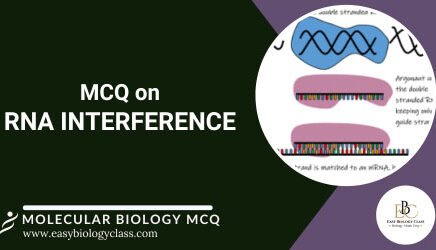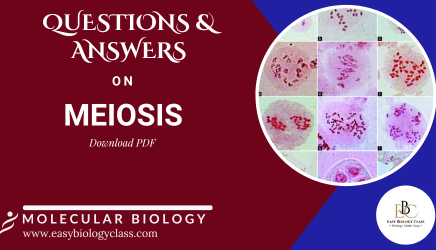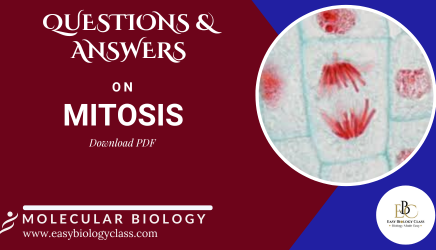
MCQ on RNA Interference with Answers (PDF)
RNA interference (RNAi) is a natural biological process where small RNA molecules inhibit gene expression by degrading or blocking the translation of specific messenger RNA (mRNA). It helps regulate gene activity and defends against viral infections in cells. The process involves two main types of small RNA: small interfering RNA […]




